 Elmer Kelton’s classic novel “The Time It Never Rained
Elmer Kelton’s classic novel “The Time It Never Rained” called to me last weekend, as drought conditions here in Texas worsened under relentless triple-digit heat.
It had been 20 years since I last read the book, and this time, I was especially struck by its timeliness. Not only because of the drought – Kelton’s setting is Texas during the seven-year drought that began in 1950 – but because of some of the hard-wired principles and prejudices that we still struggle with six decades later.
No one understood the struggle better than Kelton, who, as the son of a ranch foreman, grew up on West Texas ranches in the 1920s and 1930s. In the 1950s, after graduating from the University of Texas and serving in the U.S. Army during WWII, he worked as a farm and ranch reporter for the San Angelo Standard Times.
“In a broad sense this book is dedicated to the old-time Western ranchman, whose lifestyle gave him an inkling of Heaven and more than his proper share of Hell,” wrote Kelton in his dedication for “The Time It Never Rained.”
On the far side of fifty, Charlie Flagg, the book’s crusty, old protagonist, struggles as much with changing lifestyles, as from the drought. When Big Emmett Rodale, the local banker, advises him to sell his cattle, Flagg stubbornly points out that “there has never been a day since I was good grown that I haven’t owned some cattle.”
But Rodale, also a long-time friend, reminds him, “Tradition, Charlie. Tradition’s fine as long as a man can afford it. You can’t.”
Earlier in the book, when the new county agent wondered if Flagg was “one of the rich ones,” Kelton’s omniscient narrator explained that…
In this part of the country it was often hard to tell the rich man from the poor one by looking at him. The rich man was likely to be wearing patched trousers and run-over boots as the most destitute Mexican cowboy in town. One could not afford to put up a front and the other did not have to.
Charlie Flagg is not, of course, “one of the rich ones.” He is one like Kelton’s own father, Buck, to whom the book is also dedicated. One, as the county supervisor points out to his boss, that has “gone out of style, but the world will be a poorer place when it loses the last of his kind.”
If like me you are fortunate enough to have known some old-timers like Charlie Flagg, you will love Elmer Kelton’s book. If you haven’t known any, there is no better book than “The Time It Never Rained” to meet the genuine article.
Kelton, who won numerous prestigious awards for his fiction, was a master at depicting characters as unvarnished and prickly as the cedar fence posts and barbed wire that separated their pastures.
I also highly recommend two other Kelton books – “The Good Old Boys” and “The Day the Cowboys Quit
.”
“The Good Old Boys” was also made into a terrific movie (1995) starring Sam Shepard, Tommy Lee Jones, Sissy Spacek, Frances McDormand, Wilford Brimley, Larry Mahan, and Matt Damon.
